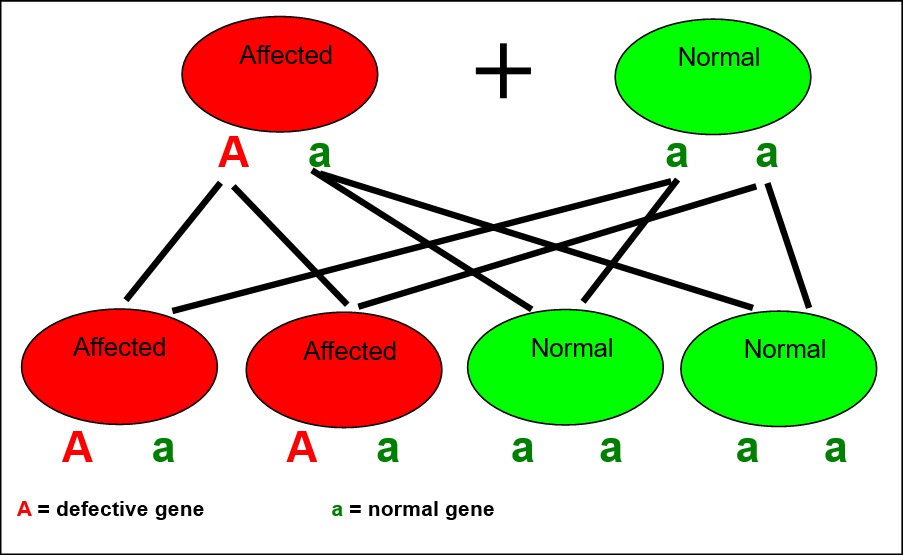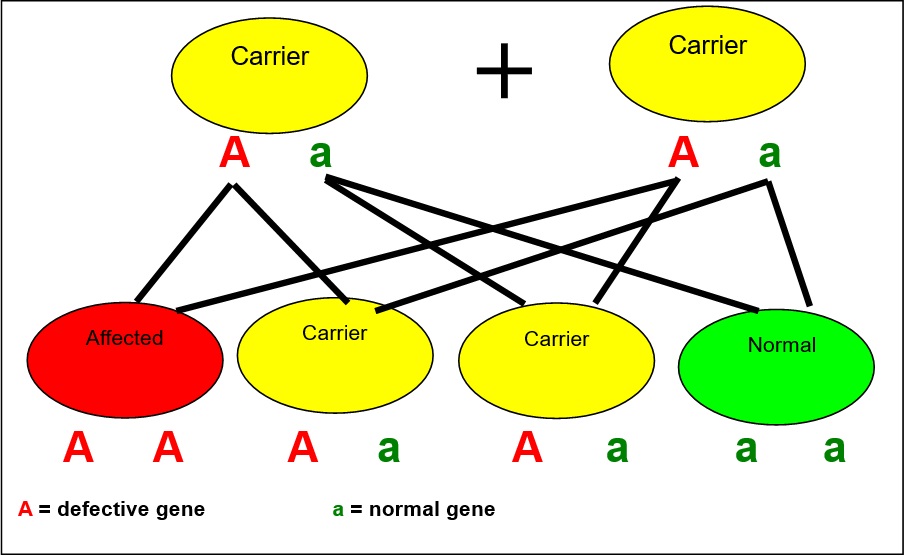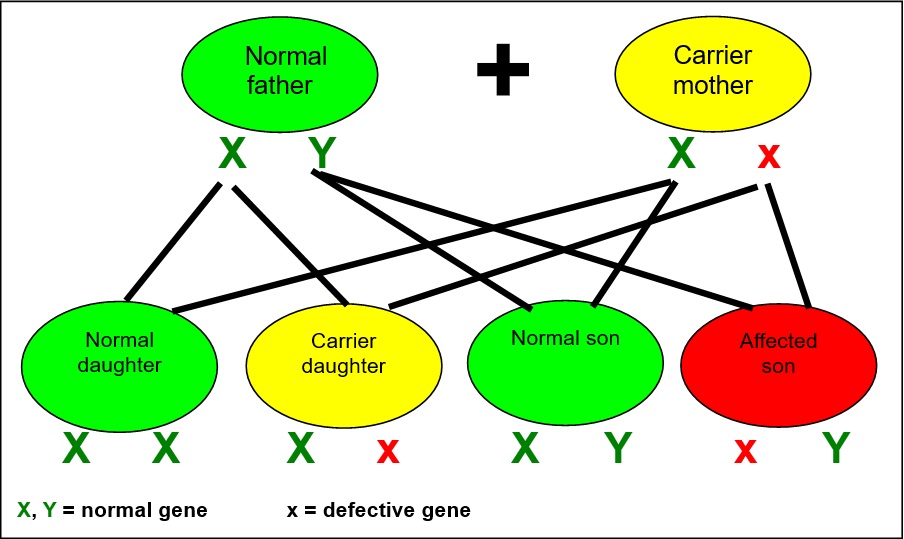What is heredity hearing loss?
Heredity hearing loss is a condition where a hearing loss is inherited or passed down from parents to their children. The hearing problem is either syndromic or non-syndromic. Syndromic hearing loss is when the hearing loss is related to other medical condition a person might has while non-syndromic hearing loss does not involve other medical condition related to person’s hearing loss.
How hearing loss is inherited
Each cell in our body consists of 23 pairs of chromosomes which is inherited from each of our parent. This includes a pair of sex chromosome which determine our sex. These chromosomes are made of deoxyribonucleic acids (DNA) which linked together to form our genes. The genes in our body determine our bodily functions and physical traits. Any defects in our genes might cause medical condition in humans, for example hearing loss.
Defects in a gene are called mutation. Mutation might cause a change in sequence on how genes work. This mutation is passed down from parents to children. However, hearing loss caused by gene mutation may skip a few generations before it manifested.
Inheritance of genes that causes hearing loss might occur through:
- Dominant genes
Defects from any (mother of father) might cause a child to have hearing loss
 |
| Figure 1: An example on how dominant gene is inherited from parent to child |
- Recessive genes
Hearing loss only occur when both parents has defect genes.
 |
| Figure 2: An example of how recessive genes were inherited from parent child. |
- X-linked
X-linked is usually inherited from mother to son. This is because the defect gene only manifest when only one X chromosome present in the cell
 |
| Figure 3: Example on X-linked inheritance. |
- Mitochondrial inheritance
Cells in our body do not contain DNA from chromosome but our mitochondria as well. This mitochondrial DNA is passed down from mother to her child, making mitochondrial inheritance only affecting a child when only mother had the defect. The varying degree of defect depends on the severity of affected mitochondria. - Spontaneous mutation
Gene mutation may also occur spontaneously is an individual. When this happened to the reproductive cell (egg or sperm) it might cause the child to have hearing defect even though no mutated genes occur in either parent.
Usage of genetic testing
Genetic testing is used to identify heredity hearing loss. It can help to explain how hearing loss develops and progresses, severity of hearing loss as well as other medical concern related to hearing loss. Parents will able to do family planning and reproductive choices.
However, not all genes that caused hearing loss is identified. Genetic testing is a complex and often costly process while might still not able to explain whether the hearing loss is due to gene mutation or happened spontaneously.
Genetic testing also might invoke negative feelings like anger, sadness or guilt in a parent of a child with heredity hearing loss. Is it important for every individual to remember that nobody is responsible for each gene in their body.
Importance of new born hearing screening
Heredity hearing loss is usually suspected through family history. However, hearing loss might sikp a few generations before it manifest, making it hard to be identified early.
That is why all new born babies need to undergo neonatal hearing screening program. Neonatal hearing screening program is able to identify any hearing problem that the baby might have.
Early identification will lead to early diagnosis and early intervention. Early intervention is vital in enabling the child to develop normal speech and languages as normal-hearing peers.
References
- Martini, A. et al (2001) Definitions, Protocols and Guidelines in Genetic Hearing Impairment;
- Whur, London.
- Rehm, H. et al (2001), Understanding the Genetics of Deafness: A Guide to Parents and Families; Havard Medical School for Heredity Deafness, Cambridge.
- A Parent’s Guide to Genetics and Hearing Loss, Centers of Disease Control and Prevention, Atlanta, Georgia
| Last Reviewed | : | 29 May 2017 |
| Writer/Translator | : | Isabella Laus |
| Accreditor | : | Roshila bt. Bujang |







